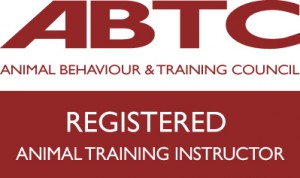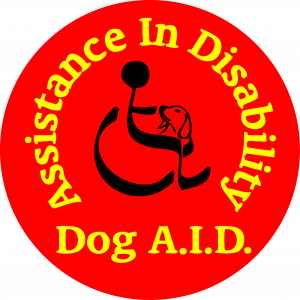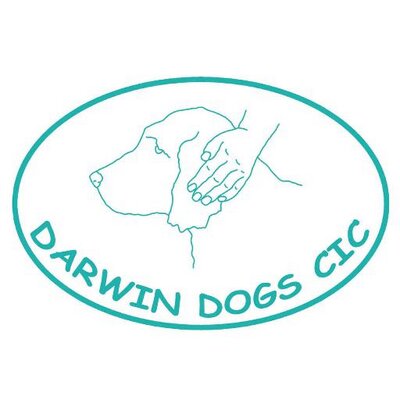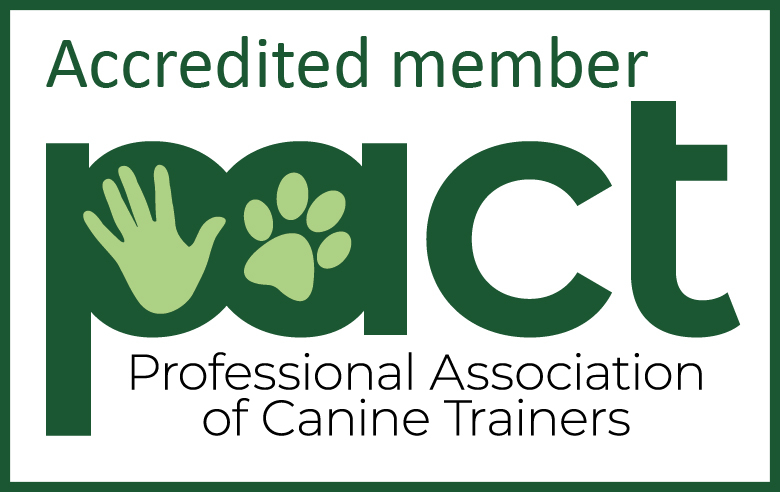Achieving Stress Free Walks
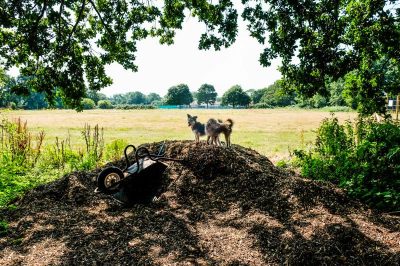
I’ve been thinking of writing this post for a while, we are getting an increasing amount of enquiries about dogs running up to other people or dogs and their recall failing.
You need to know that walking a dog isn’t relaxing for the first year or two.
What drives your dog, what food/toy/game will they do anything for?
My dogs remain on the lead until I’m confident we are far enough away from roads/livestock/tractors that they are safe, even if their recall failed. Then I ask them to sit, unclip their lead and release them with ‘off you go’. When we’re out I spend my time watching my dog and watching the environment.
What I’m looking for when watching them:
- That they stay within the distance I trust they will successfully recall in. If they go too far they get called back and they are rewarded with food or finding a toy I hid before I called.
- Body language. If they freeze they get called back, if they lower their body (think stalking), tail between legs, ears back - all of these things are telling me something’s up and I want them near me so I have a bit more control. The further away from you, they are the less control you will have. I might decide to put them on the lead for a bit or ask for ‘heel’ or engage them with some training I.e. hunting of toys/middle/touch.
- So I know when they poo. It has to be picked up and it tells you a lot about their health.
What I look for in the environment:
- People. Not everyone likes dogs. There are a lot of people out walking right now who don’t own dogs. If I think the dog will run at someone they are called back, rewarded with food, put on the lead. They are fed chicken/ham/cheese while the person passes us. When the person has gone and I’m confident the dog won’t chase after them I let the dog back off. Same way as before, ‘sit’ and ‘off you go’.
If you have got them back before they start to go you have also just prevented another opportunity for them to practise jumping up and you have a successful recall in the bag. The practice of any behaviour (wanted or unwanted) makes perfect. The last thing you want is a dog who has become an expert at running at people/dogs.
2. Dogs. The same as people don't all like dogs. If they are on lead you absolutely have to call your dog back and put them on a lead. You don’t know if the dog is injured/old/reactive etc. If the dog isn’t on lead I may let them say hello, but in a similar manner, I say ‘morning’ to people. I keep walking, the dog will catch up and I’ll reward. If your dog will charge up to the other dog put them on the lead until you can ask if the other dog is friendly. Dogs don’t like being charged at, it's rude. Don’t let your dog practise it.
3. Wildlife/Animals/Bikes. Ideally, I want to see the deer/rabbits/horses before the dog. My recall will be 100 times more likely to work and I won’t have to spend hours retraining it once the dog has been rewarded so highly for ignoring me and chasing an animal or bike. They won't have found out that it's THE BEST fun to chase things. Win.
4. Danger. Poison, farm machinery you get the idea.
5. Corners. ALWAYS call your dog to heel/ put them on lead to go round a corner. You don't have a clue what is there and if anything happens you won't know or be able to help your dog.
Lastly I consider the weather:
- Wind. Trees are loud. Wind is loud. If you shout into the wind you won’t be heard as clearly as on a still day. Wind blows scent everywhere. My dogs are ***** when it’s windy.
- Rain. Cars are louder when the road is wet. Avoid busy roads when walking a puppy in the rain. Smells change, the feel of the ground changes, rain in itself is loud.
- Sun. If it’s really hot my dogs do something that isn’t running around like maniacs or walking on hot tarmac.
Owners need to be present and aware when walking their dogs.
Call them back for a food or toy reward, not because you need to, repeat. And again.
Reward and socially acknowledge them when they come to check-in (when they come to see you because they want to). Set them up to succeed, spot the issue before them. Help them get it right so people like them and you can enjoy walks without worrying they'll embarrass you. Walking a dog is a skill and you will both improve, easy things were always hard, to begin with (driving a car, riding a bike).
Louise Yden


